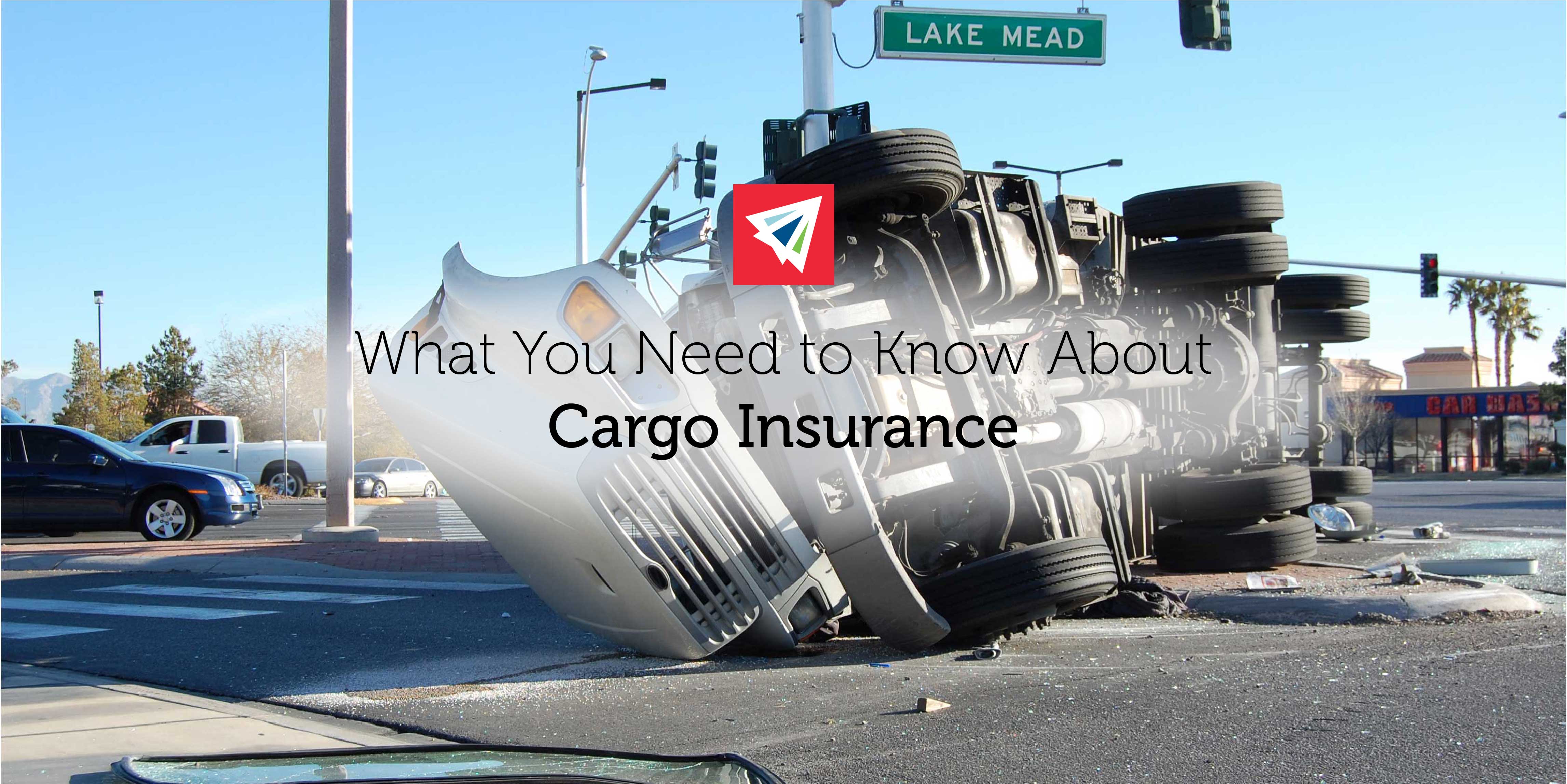Any time you move goods from one place to another, you encounter risk, be it damage, theft, or non-delivery. Cargo insurance provides a certain level of protection against these risks — at least above and beyond the limited liability of all carriers.
Why You Should Get Cargo Insurance
Whether you request cargo insurance is entirely up to you. Many people assume they automatically have cargo insurance, however, this is not the case. Due to a congressional act passed in 1936, titled the Carriage of Goods by Sea Act (COGSA), cargo is only ensured for up to $500 per unit. But if you have an insurable interest in the cargo reaching its destination in the same condition when it left your hands, it’s probably wise to take the extra precaution of insuring it. Of course, cargo insurance, like any other form of insurance, can be confusing. That’s why it’s so important to understand the fundamentals:
Responsibility
From time to time, manufacturers will insure goods until they reach their destination. Seeking out this arrangement will allow you to skirt insurance responsibility, but this can be troublesome if importing goods overseas. You’ll likely be working with a foreign insurer if you have to file a claim. Just make sure you know all the details before the shipment leaves the country of origin.
Value
Document the value of each shipment in case any damage, theft, or loss occurs during transit. Knowing the value of the goods is also important if there’s any disputes with a claim later on.
Type
You can find policies that’ll cover all modes of transportation, but a number of them will only cover ocean vessels, land vehicles, etc. There are even those that exclude certain factors, like warehouse storage, which is fine if you own the space. If not, you’ve unwittingly opened a loophole for an insurer not to cover losses.
Coverage
Most policies cover the standards, like theft, damage, accidents, collisions, etc. But always make sure to read the policy carefully. You may not be covered when the damage or loss is the result of war or piracy. For extra piece of mind, you do have the option of an “all-risk” policy.
Cost
Here’s where the rubber really meets the road. Though regulations do exist, you should always shop around for the most suitable coverage at the best rate. For anyone shipping unusual or complicated items, you may even want to consult with a specialized cargo-insurance firm.
If you’d like to learn more about cargo insurance or have any questions on the type of insurance you might need for your shipment, the team at Interlog USA can certainly help you out.

9 thoughts on “Cargo Insurance: What You Need to Know”